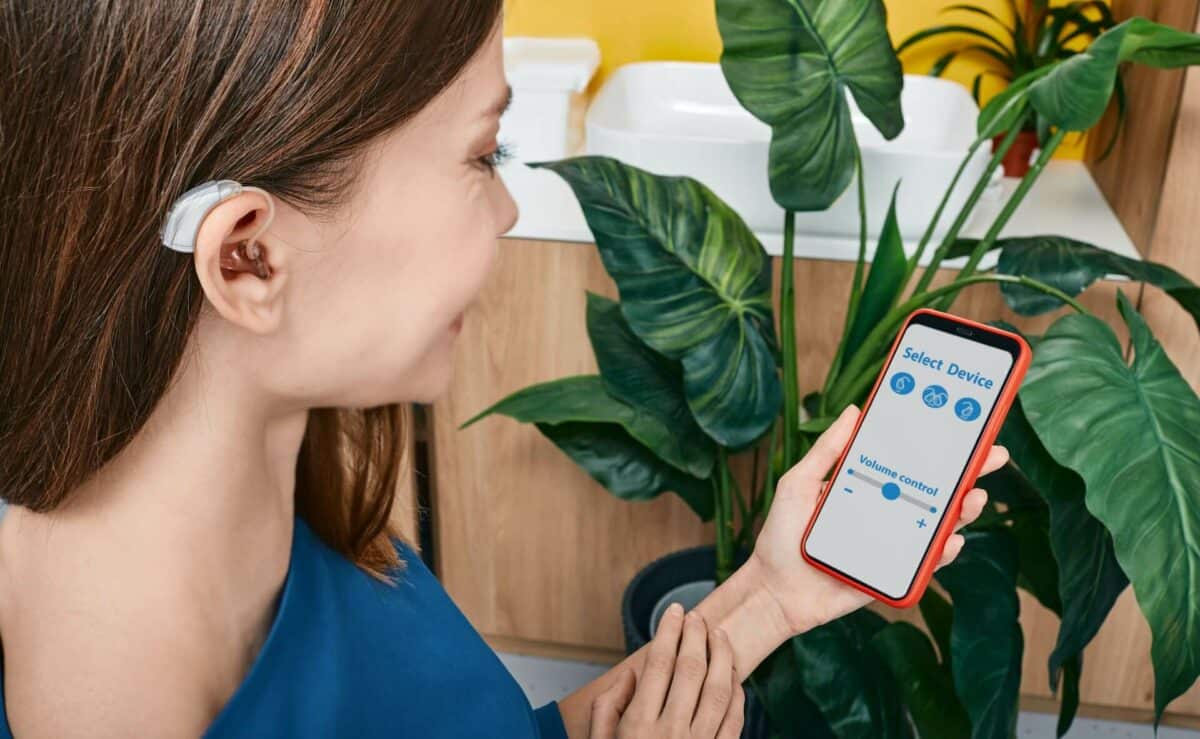- Strategies for Coping with Single-Sided Deafness - July 15, 2024
- How Summer Humidity Affects Hearing Aid Performance - July 3, 2024
- The Power of Body Language: Enhancing Communication for Those with Hearing Loss - June 28, 2024
In a world where communication plays a crucial role, individuals with hearing loss often face unique challenges. However, thanks to the advancements in technology, virtual assistants have emerged as invaluable tools, empowering individuals with hearing loss to overcome these barriers and lead fulfilling lives. In this article, we will delve into the transformative capabilities of virtual assistants, exploring how they enhance communication and accessibility for those with hearing loss.
Harnessing Voice Recognition: Opening New Doors
Virtual assistants leverage cutting-edge voice recognition technology to provide a gateway to accessibility for individuals with hearing loss. By understanding and responding to spoken commands, virtual assistants eliminate the reliance on auditory cues. Users can effortlessly interact with their devices using voice commands, enabling them to set reminders, check the weather, send messages, make phone calls, and more. This hands-free approach enhances independence and facilitates seamless communication.
Real-Time Captions and Transcriptions: Breaking Down Communication Barriers
Understanding spoken conversations and audio content can be a daunting task for individuals with hearing loss. Virtual assistants come to the rescue by offering real-time captioning and transcription services. By integrating with compatible devices or applications, virtual assistants can convert spoken words into text, enabling individuals to read and comprehend conversations, podcasts, videos, and other audio content. This feature fosters inclusivity and allows individuals with hearing loss to actively engage in social interactions and stay informed.
Empowering Smart Homes: Independence and Comfort
Virtual assistants seamlessly integrate with smart home devices, creating accessible living spaces for individuals with hearing loss. Through voice commands, users can control lights, thermostats, locks, and other appliances, eliminating the need for manual adjustments. This hands-free control not only enhances independence but also creates a comfortable environment where individuals can navigate their homes effortlessly, enhancing their overall well-being.
Revolutionizing Telecommunications: Seamless Connection
Virtual assistants play a vital role in bridging communication gaps for individuals with hearing loss. They facilitate telecommunications accessibility by allowing users to make and receive calls, send messages, and initiate video chats. By connecting virtual assistants to captioned telephones or video relay services, individuals with hearing loss can communicate seamlessly with others, fostering meaningful connections and promoting a sense of inclusion.
Customized Accessibility Features: Tailoring to Individual Needs
Virtual assistants offer a range of accessibility features tailored to the needs of individuals with hearing loss. Users can personalize the voice volume, speed, and even select their preferred voice. Moreover, virtual assistants can be synchronized with vibrating alerts or visual cues, such as flashing lights, ensuring important notifications and alarms are not missed. These customization options empower individuals to adapt virtual assistants to their specific preferences and requirements.
Learning and Language Support: Enhancing Education
Virtual assistants serve as valuable educational and language support tools for individuals with hearing loss. They provide assistance in learning new languages, improving pronunciation, and accessing educational content. With features like translations, definitions, and access to a vast array of educational resources, virtual assistants facilitate continuous learning and help overcome language barriers that may arise due to hearing loss.
Putting It All Together
Virtual assistants have transformed the lives of individuals with hearing loss by enabling communication, enhancing accessibility, and promoting independence. Through voice recognition technology, real-time captions, smart home integration, telecommunications accessibility, and personalized accessibility features, virtual assistants have become invaluable tools for individuals with hearing loss to navigate their daily lives with ease.
As technology continues to evolve, virtual assistants will continue to play a significant role in supporting individuals with hearing loss, ensuring equal access to information, communication, and independence. By embracing these powerful tools, individuals with hearing loss can thrive in an interconnected world, connecting, communicating, and leading fulfilling lives.
Remember, virtual assistants are not just devices but allies that empower individuals with hearing loss to break down barriers and embrace the power of communication.
We hope you found this information useful, informative, and helpful! If you have any questions about hearing, hearing loss, or to schedule your next hearing check up, please contact us. Our friendly staff of hearing health care professionals are ready to assist you with all your hearing related needs.

